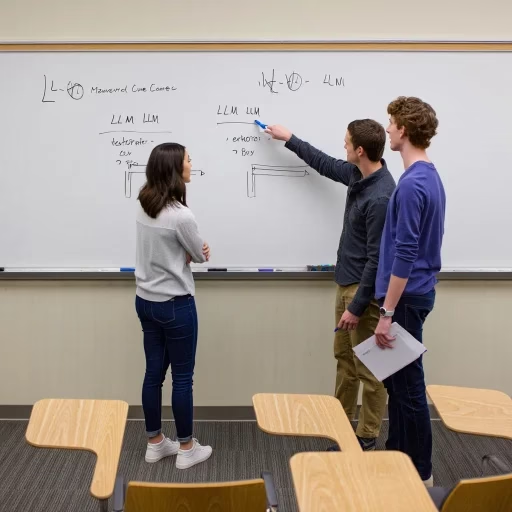
MIT Team Teaches AI Models What They Didn't Know
The application of artificial intelligence (AI) is growing rapidly, becoming increasingly interwoven with our daily lives and high-stakes industries such as healthcare, telecom, and energy. But with great power comes great responsibility: AI systems sometimes make mistakes or provide uncertain answers that can have major consequences.
MIT’s Themis AI, co-founded and led by Professor Daniela Rus of the CSAIL lab, offers a groundbreaking solution. Their technology enables AI models to ‘know what they don’t know’. This means AI systems can indicate when they are uncertain about their predictions, preventing errors before they cause harm.
Why is this so important?
Many AI models, even advanced ones, can sometimes exhibit so-called ‘hallucinations—they provide incorrect or unfounded answers. In sectors where decisions carry significant weight, such as medical diagnosis or autonomous driving, this can have disastrous consequences. Themis AI developed Capsa, a platform that applies uncertainty quantification: it measures and quantifies the uncertainty of AI output in a detailed and reliable manner.
How does it work?
By instilling uncertainty awareness in models, they can attach a risk or confidence label to their outputs. For example, a self-driving car could indicate that it is unsure about a situation and therefore activate human intervention. This not only increases safety but also enhances user trust in AI systems.
- When integrating with PyTorch, wrapping the model via
capsa_torch.wrapper()where the output consists of both the prediction and the risk:

For NetCare and its clients, this technology represents a huge leap forward. We can deliver AI applications that are not only intelligent but also safe and more predictable, with a lower chance of hallucinations. It helps organizations make better-informed decisions and reduce risks when implementing AI in mission-critical applications.
Conclusion
The MIT team demonstrates that the future of AI is not just about becoming smarter, but primarily about functioning more safely and fairly. At NetCare, we believe that AI only becomes truly valuable when it is transparent about its own limitations. With advanced uncertainty quantification tools like Capsa, you too can put that vision into practice.







